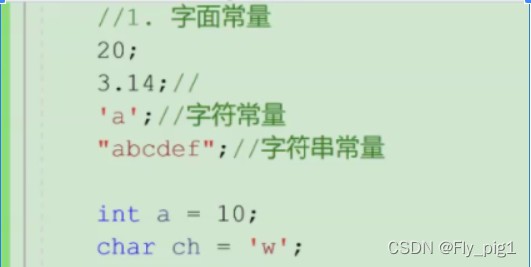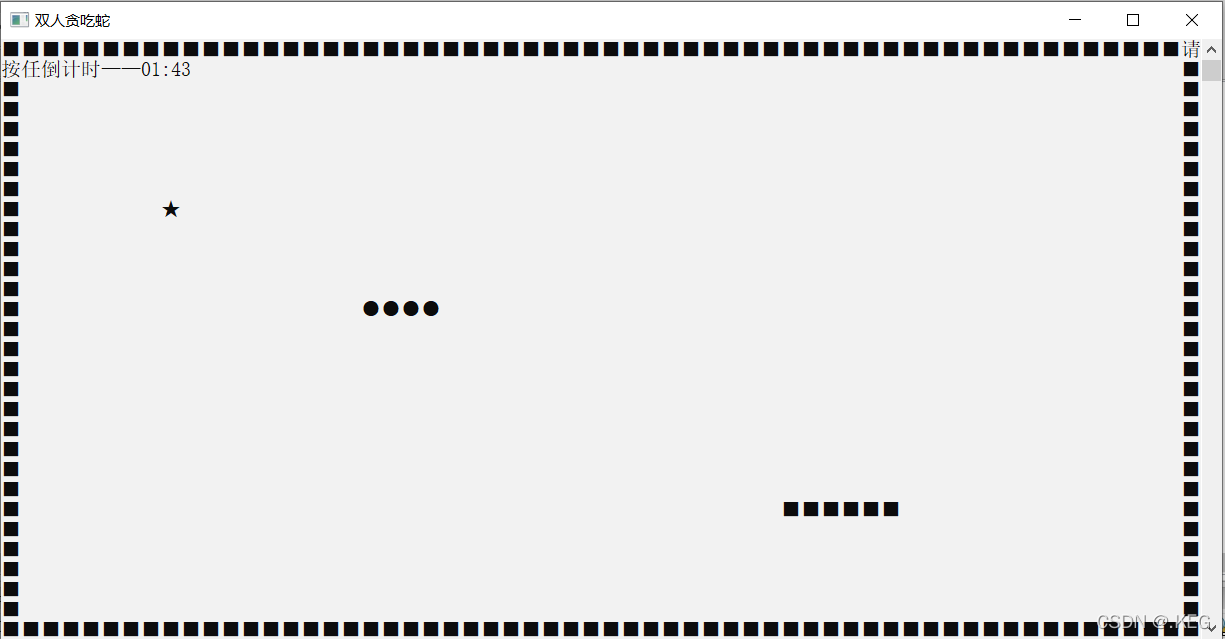Modifying a const int in C++(在 C++ 中修改 const int)
问题描述
running the following code shows that &x=ptr, so how come x and *ptr are not equal?
const int x=10;
int* ptr =(int*) &x;
*ptr = (*ptr)+1;
cout << &x << " " << x << " " << ptr <<" " <<*ptr; //output : 0012FF60 10 0012FF60 11
The C++ implementation is only required to make a program work if you obey the rules. You violated the rules. The C++ implementation likely behaved this way:
- Because
xis declaredconst, the C++ implementation knows its value cannot change as long as you obey the rules. So, whereverxis used, the C++ implementation uses 10 without bothering to check whetherxhas changed. - Because
*ptrpoints to a non-constint, stores to it and reads from it are actually performed. These "work" because the memory it points to (wherexis represented) is not actually marked read-only by the operating system. Thus, you are able to make modifications in spite of the fact that you are not supposed to.
Observe that the behavior of the C++ implementation would work if you obeyed the rules. If you had not modified x, then using 10 for x wherever it appeared would have worked normally. Or, if you had not declared x to be const, then the C++ implementation would not have assumed it would always be 10, so it would get the changed value whenever x was accessed. This is all the C++ standard requires of an implementation: That it work if you follow the rules.
When you do not follow the rules, a C++ implementation may break in seemingly inconsistent ways.
这篇关于在 C++ 中修改 const int的文章就介绍到这了,希望我们推荐的答案对大家有所帮助,也希望大家多多支持编程学习网!
本文标题为:在 C++ 中修改 const int


基础教程推荐
- GDB 显示调用堆栈上函数地址的当前编译二进制文 2022-09-05
- CString 到 char* 2021-01-01
- 为什么 RegOpenKeyEx() 在 Vista 64 位上返回错误代码 2021-01-01
- 初始化列表*参数*评估顺序 2021-01-01
- 如果我为无符号变量分配负值会发生什么? 2022-01-01
- 我应该对 C++ 中的成员变量和函数参数使用相同的名称吗? 2021-01-01
- 为什么 typeid.name() 使用 GCC 返回奇怪的字符以及如 2022-09-16
- 为什么派生模板类不能访问基模板类的标识符? 2021-01-01
- 通过引用传递 C++ 迭代器有什么问题? 2022-01-01
- 非静态 const 成员,不能使用默认赋值运算符 2022-10-09

















